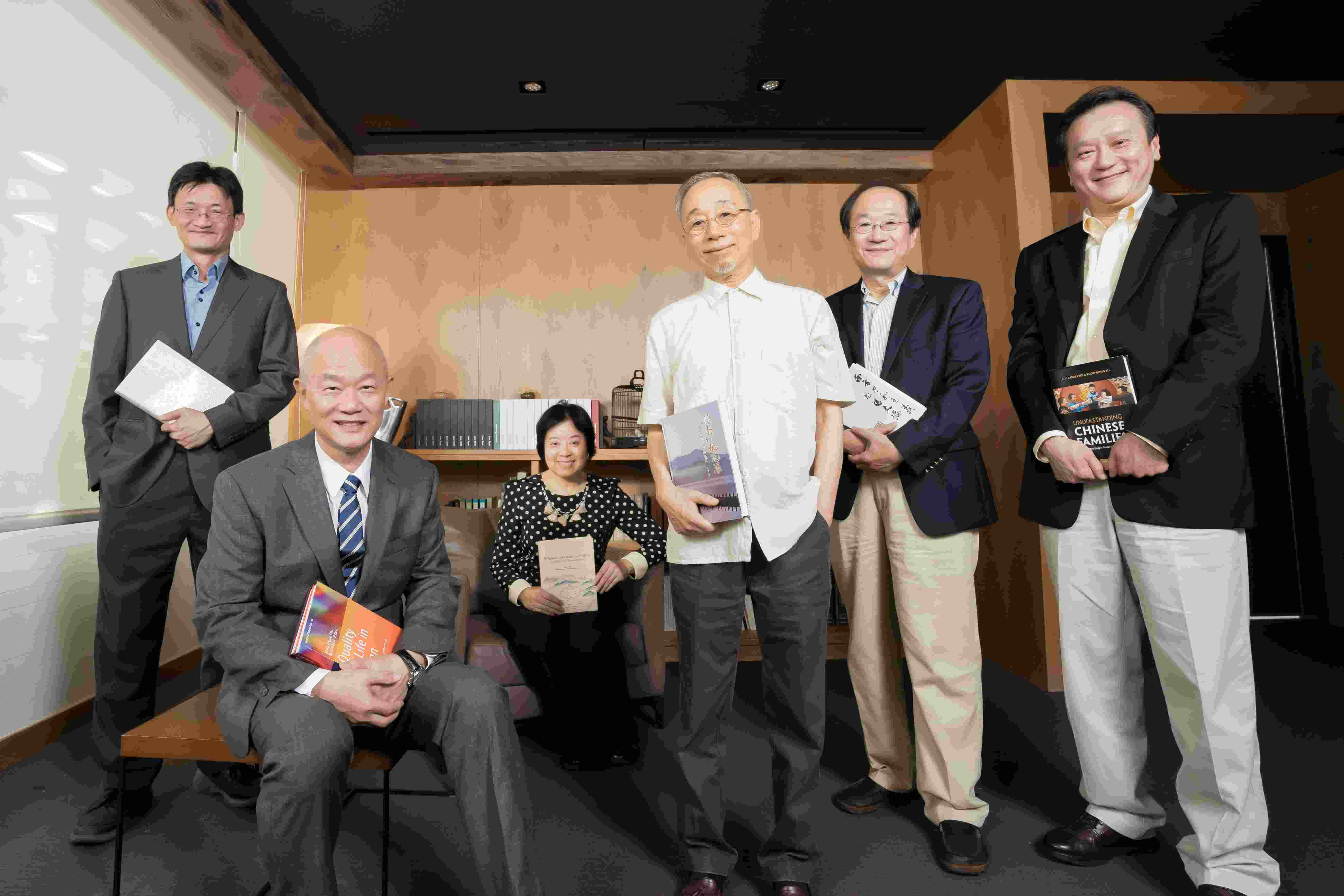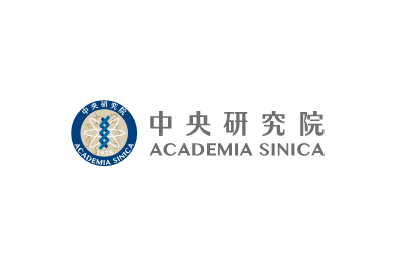- 演講或講座
- 語言學研究所
- 地點
中央研究院語言學研究所519會議室
- 演講人姓名
余家綺博士候選人
- 活動狀態
確定
- 活動網址
This study experimentally investigates the control properties of null subjects in Mandarin adjunct clauses, identifying a distinction between ‘Obligatory Control’ (OC) and ‘Non-Obligatory Control’ (NOC). The findings show that in sentence-final adjuncts, null subjects in subject purposive clauses–as well as in newly identified result and goal clauses–are strictly OC and must be PRO. In contrast, null subjects in object purposive, rationale, and causal clauses may allow NOC or pro. Sentence-initial adjuncts, including temporal, conditional, and concessive clauses, however, do not exhibit the OC/NOC distinction and permit only NOC or pro. Additionally, the experiment demonstrates that Mandarin allows main clause object control into adjuncts, alongside typical subject control, displaying a similar OC/NOC distinction. This study thus extends control theory in Mandarin beyond complements and offers new insights into how null subjects reveal finiteness distinctions in adjuncts.









 首頁
首頁

